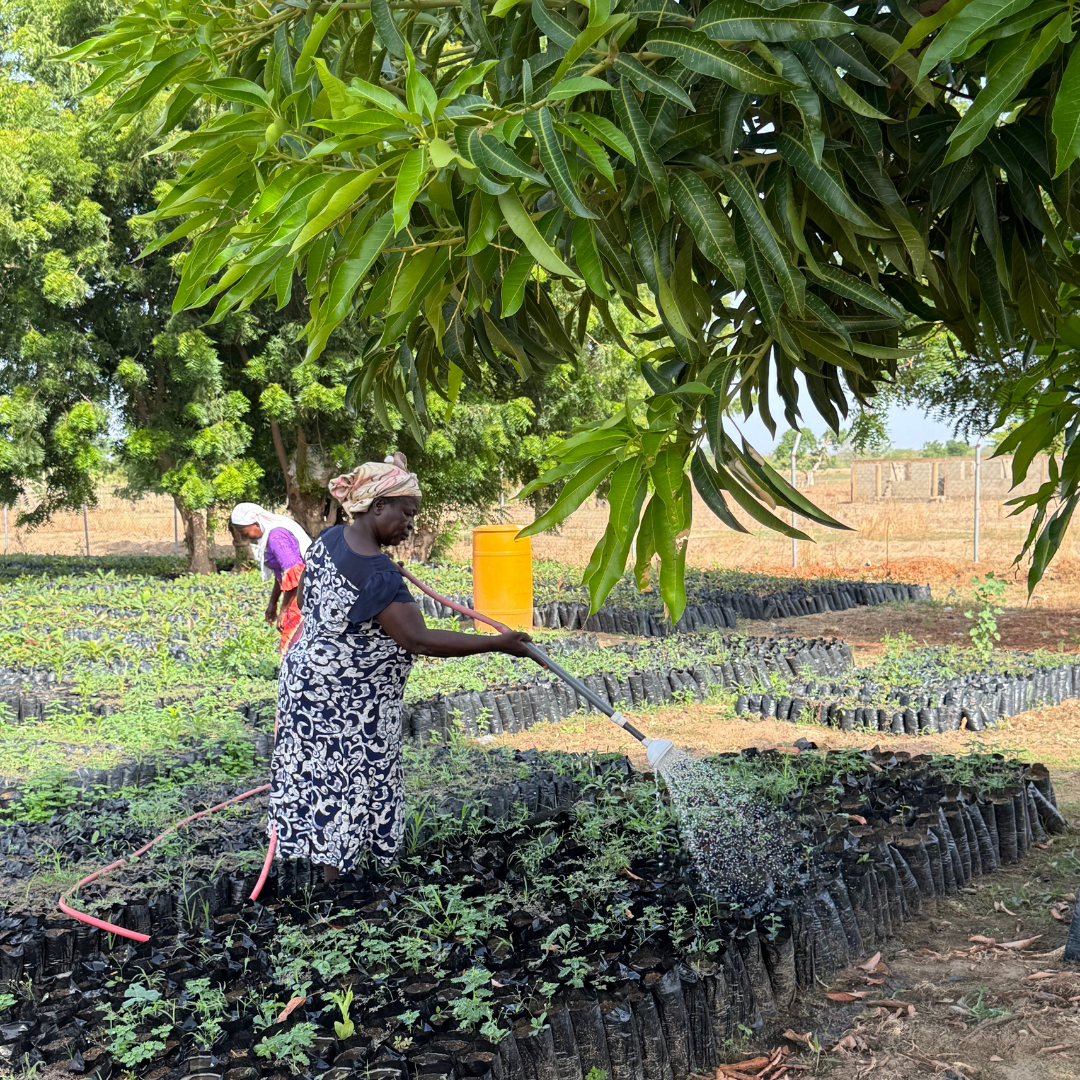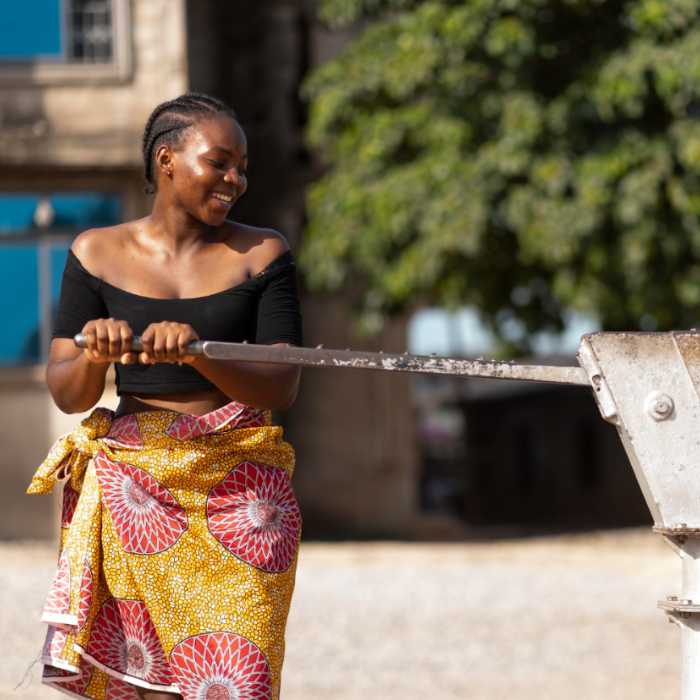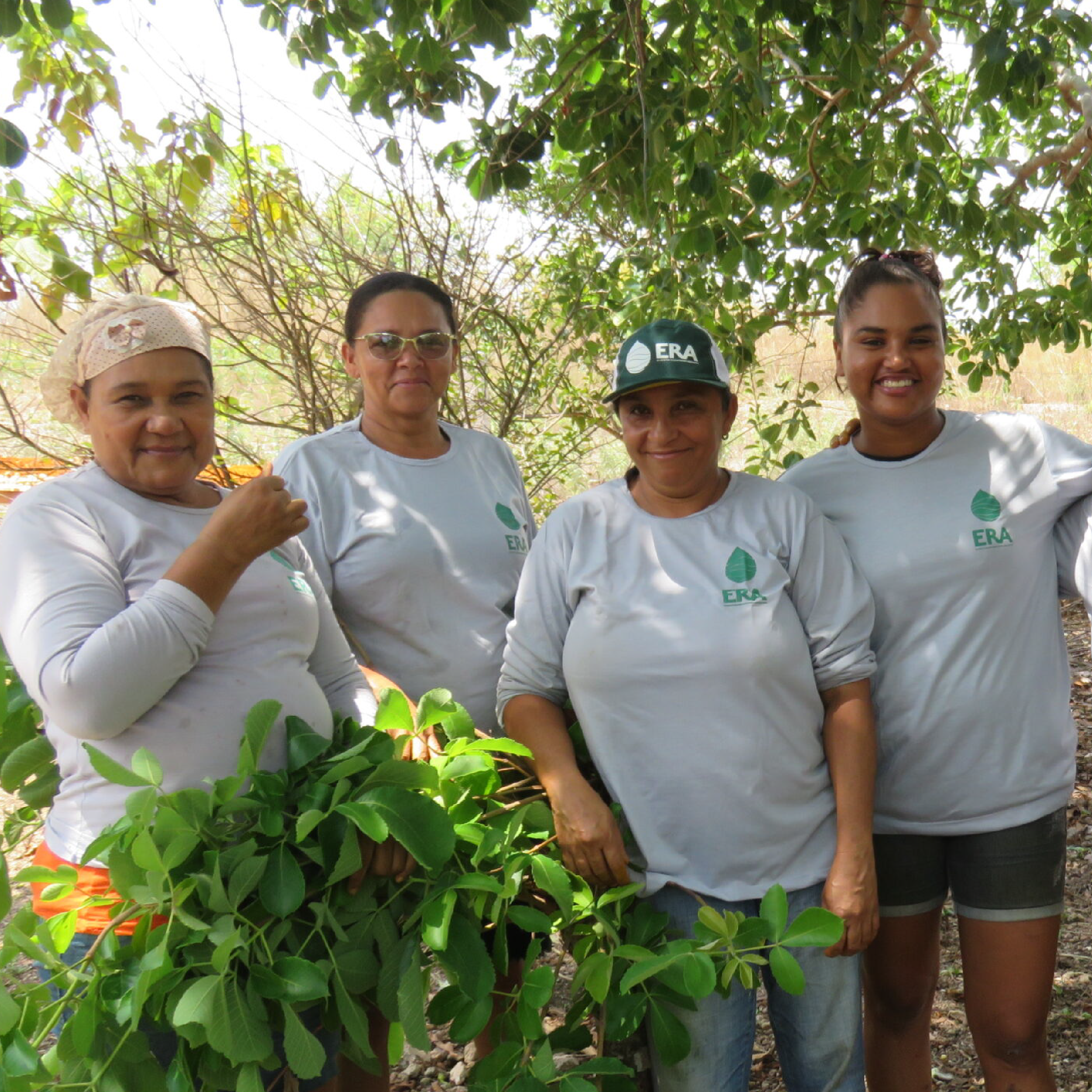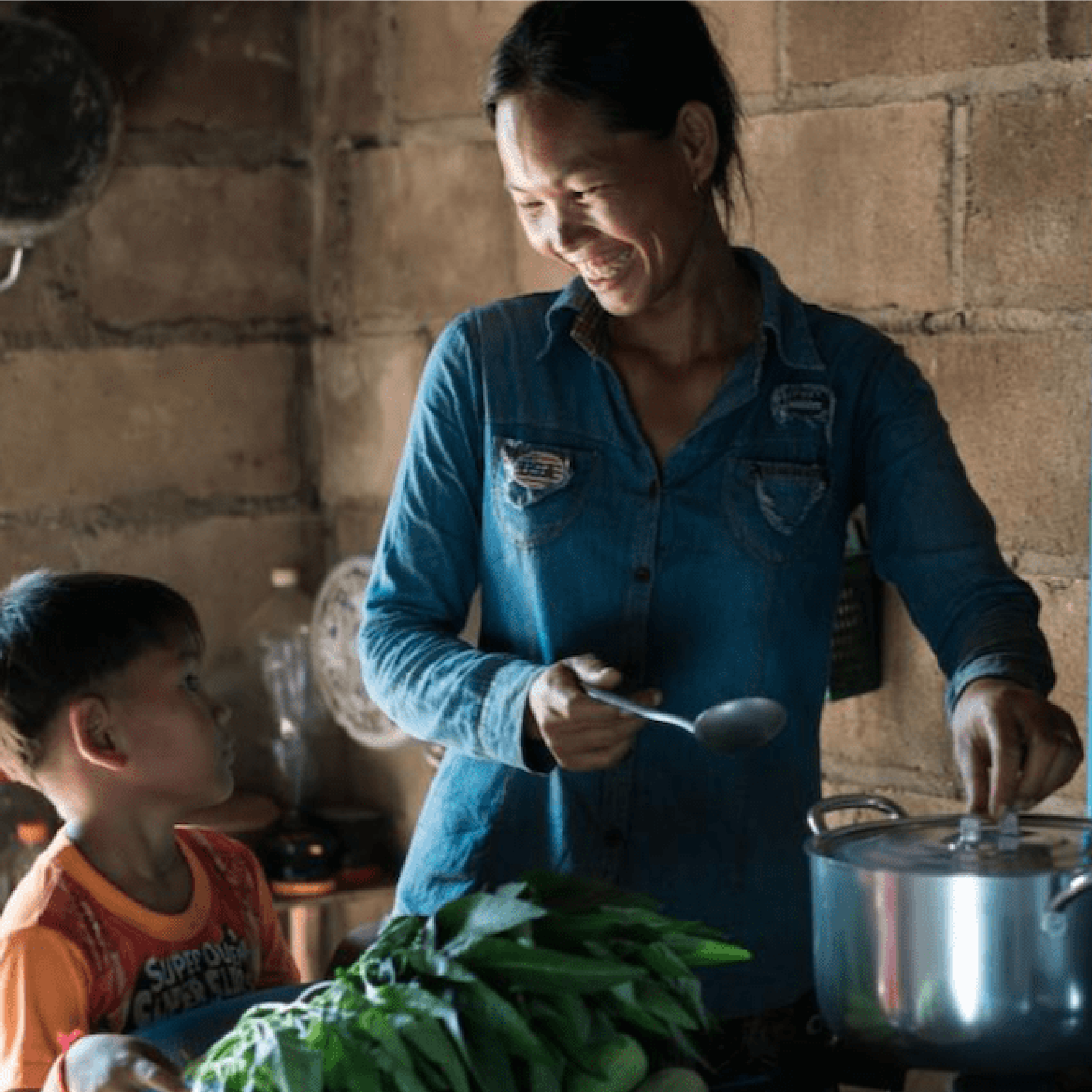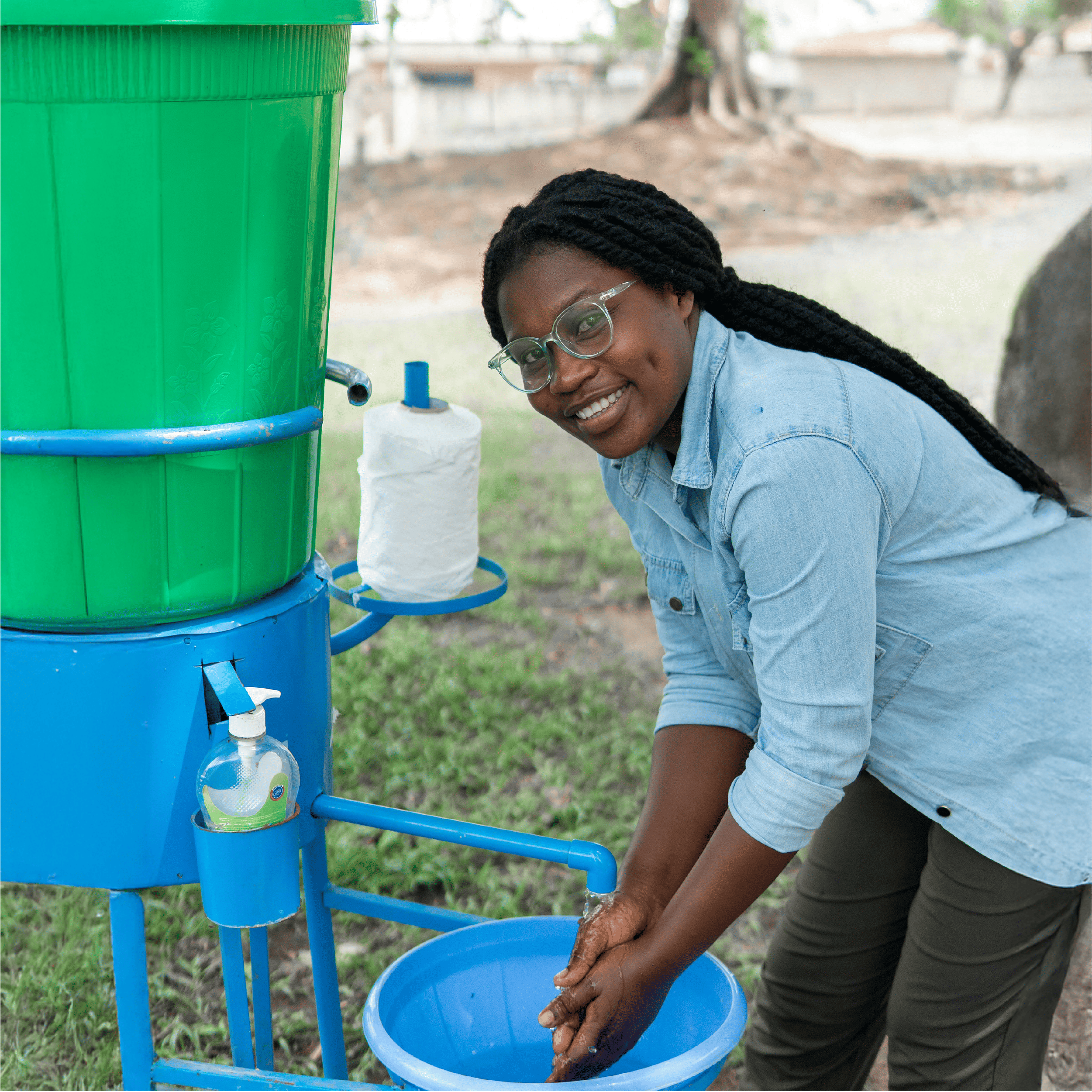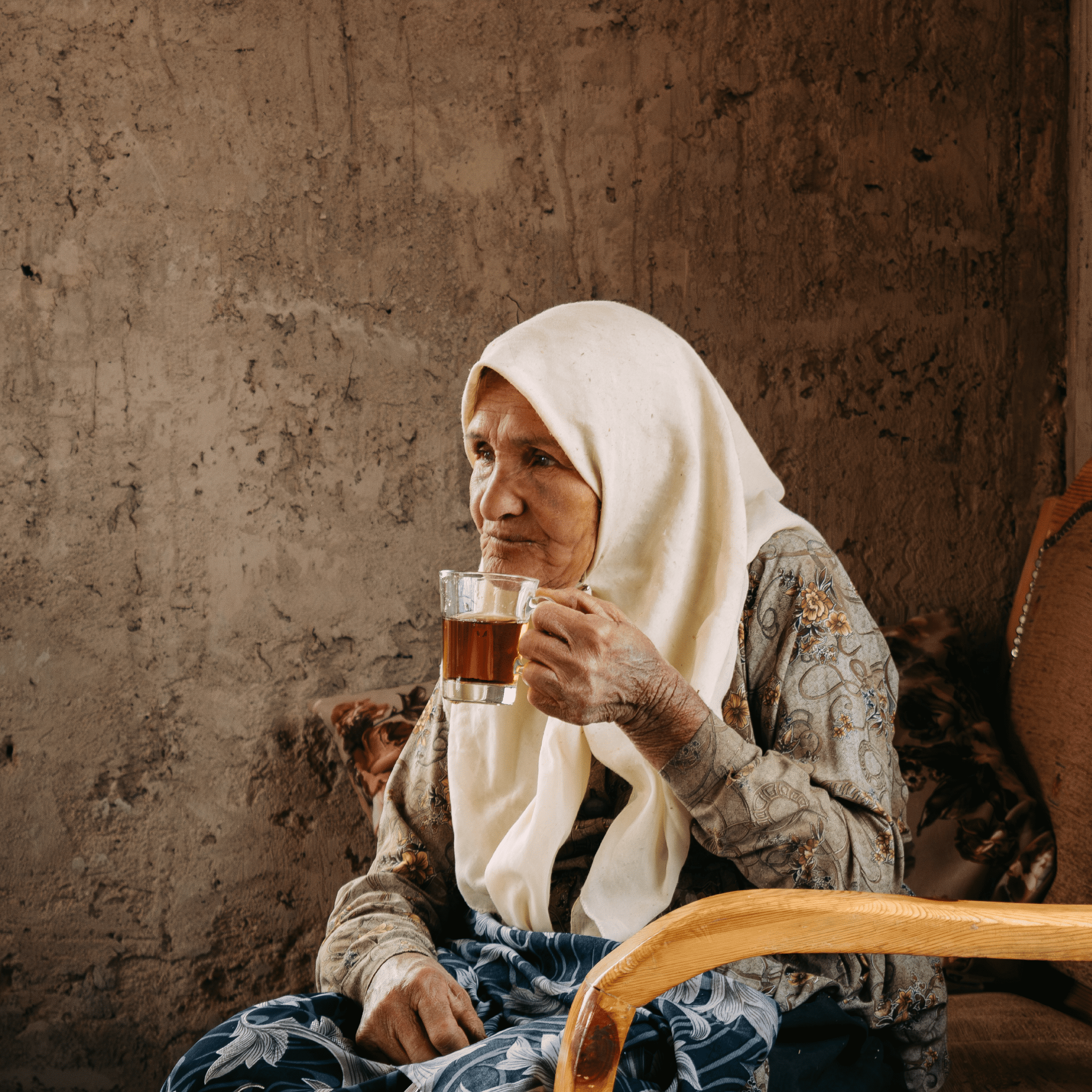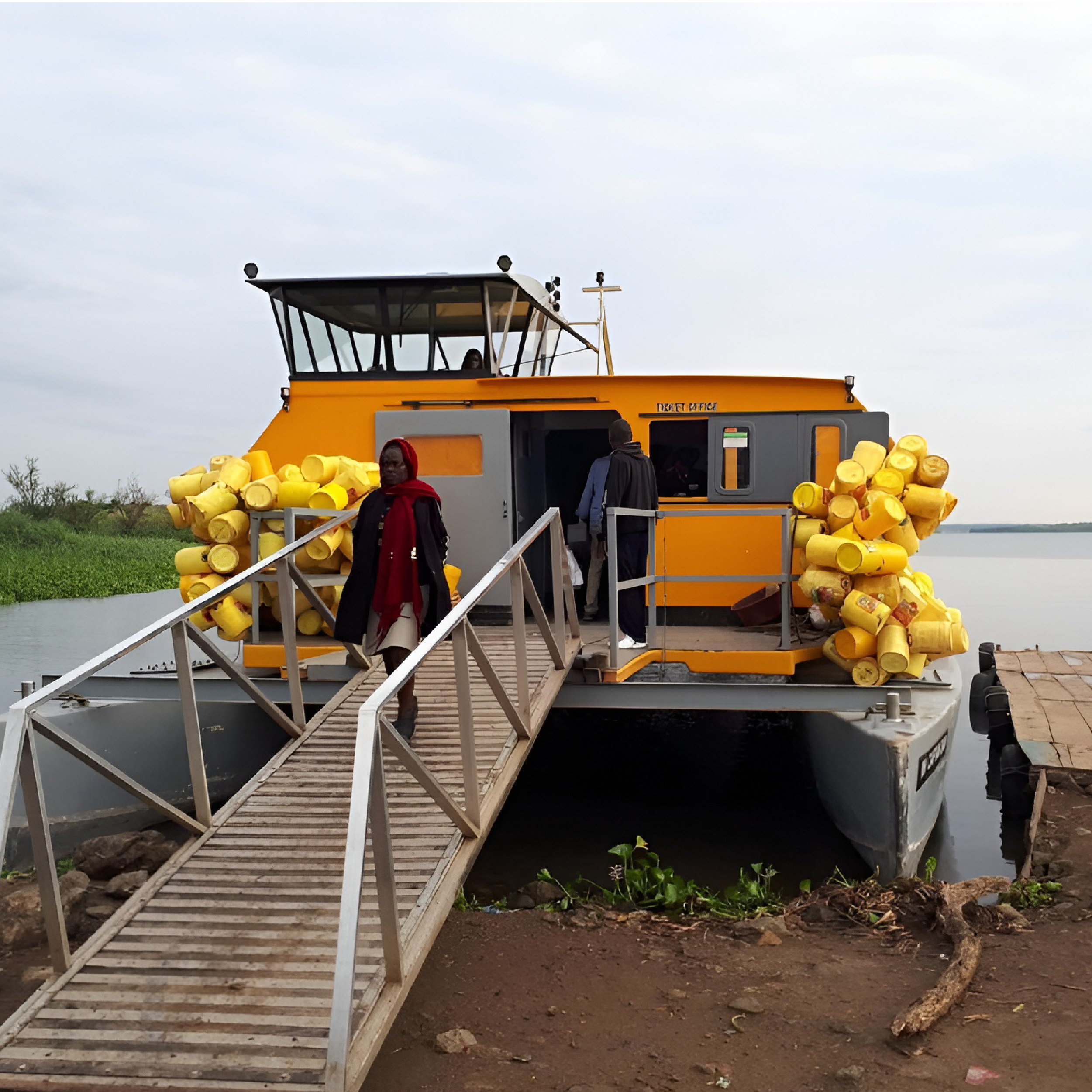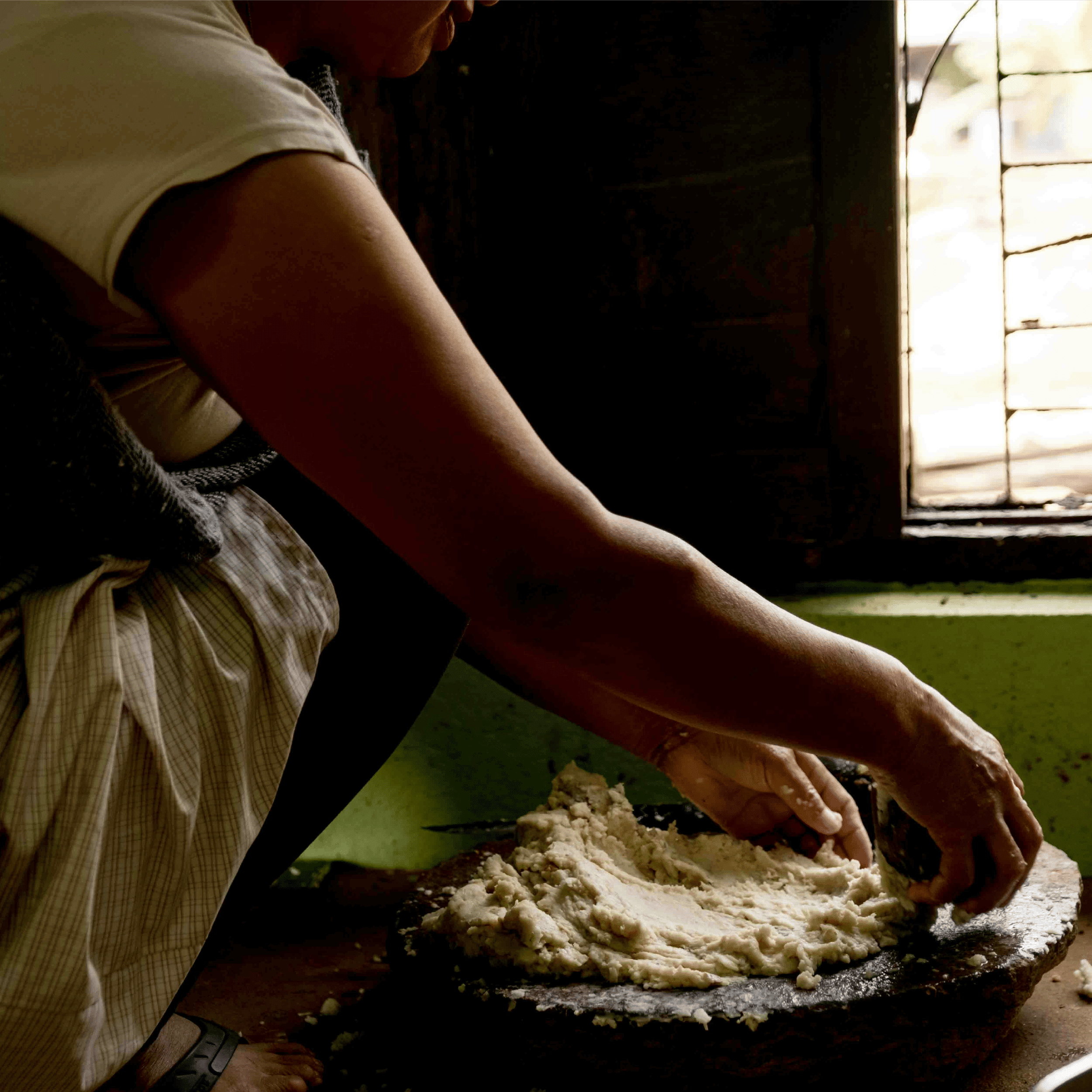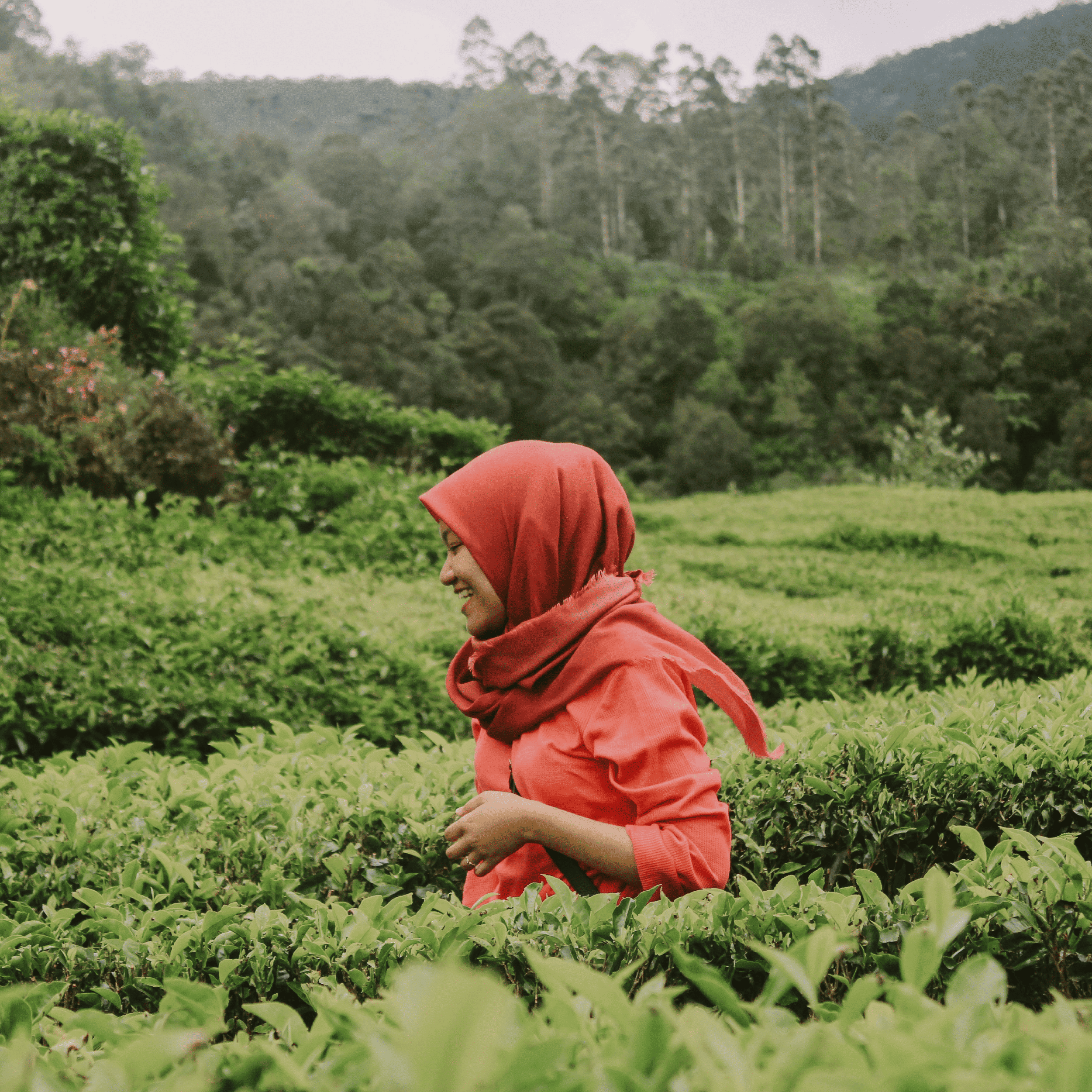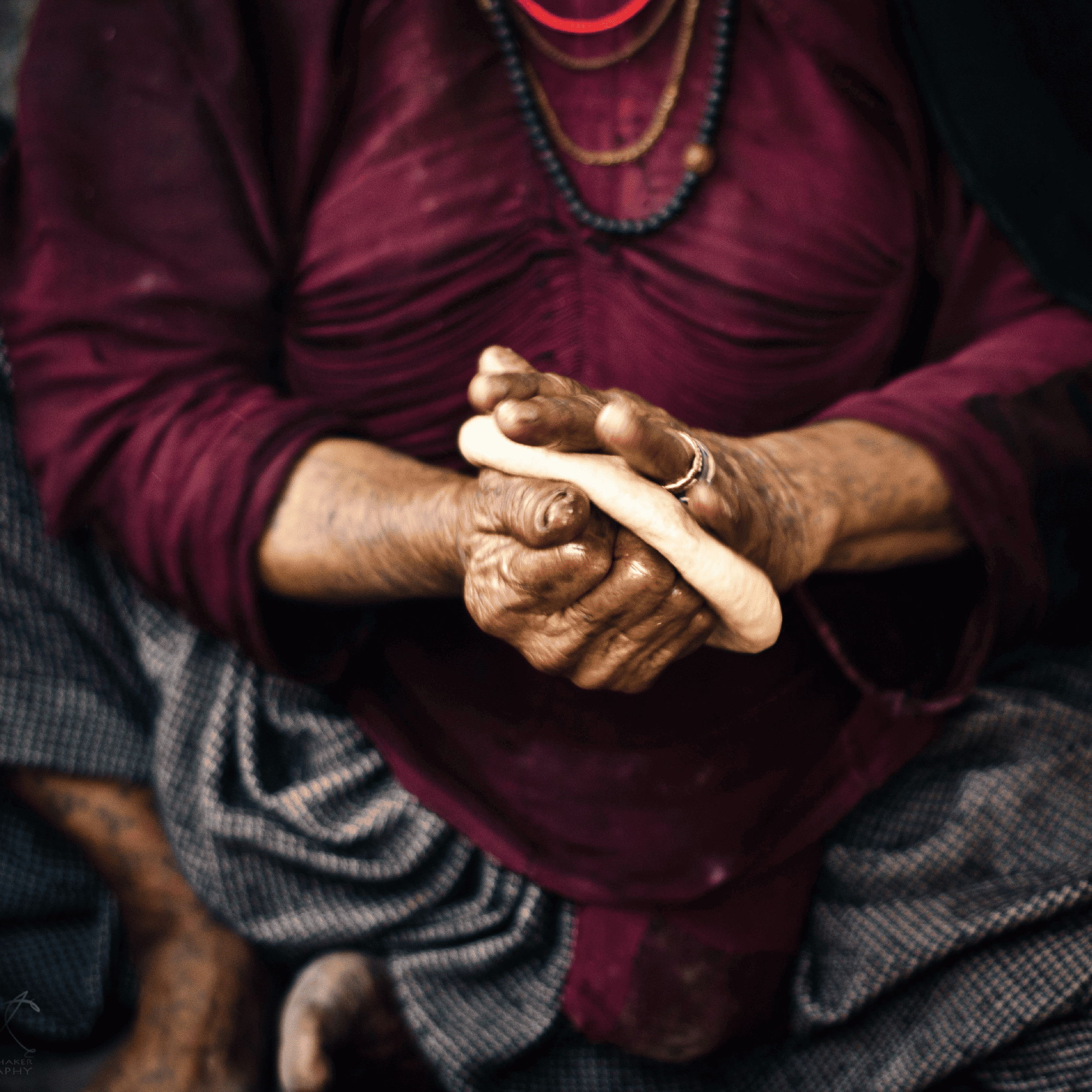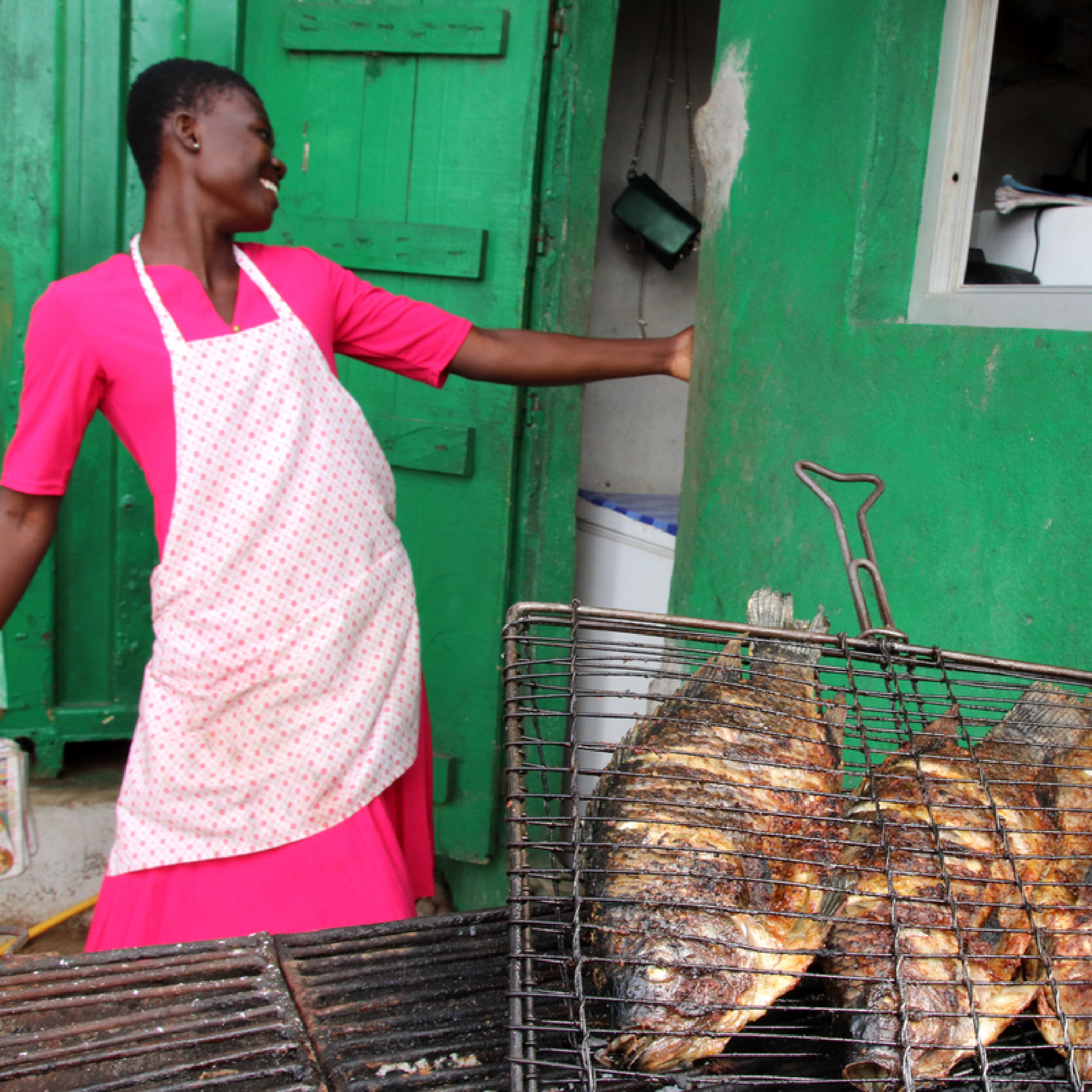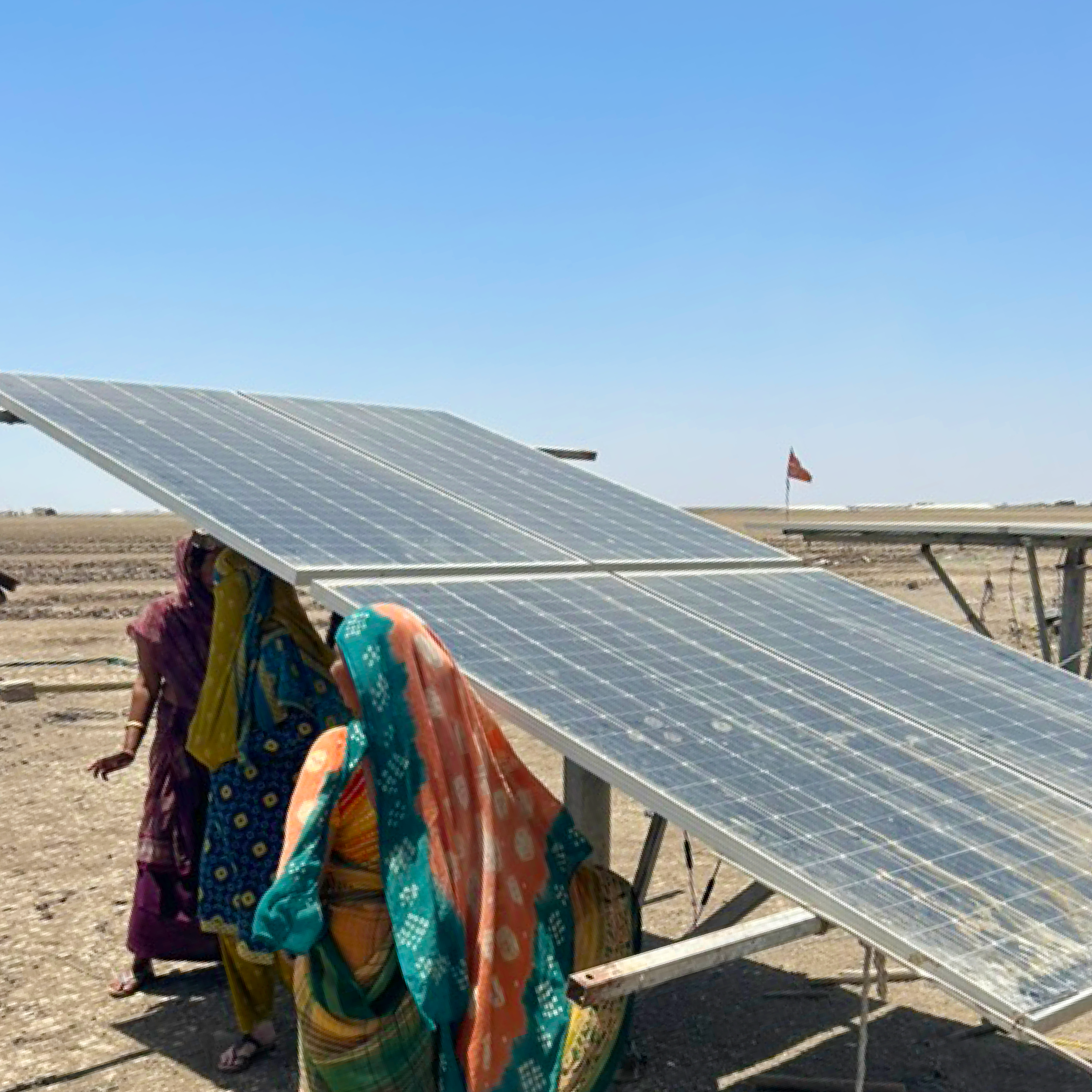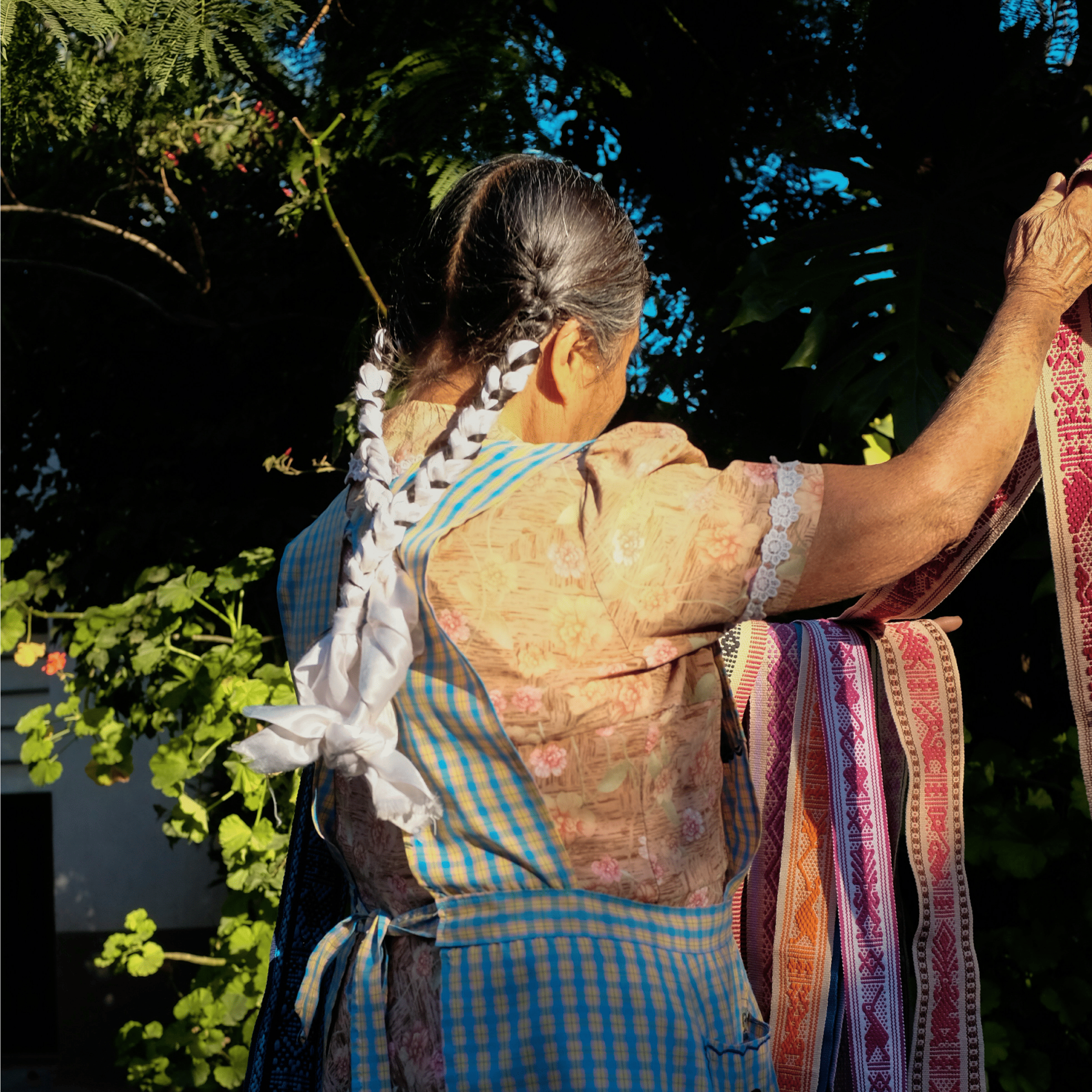Fisher Folks Making Circular Economy Work for The Western Tonle Sap Lake project
Improving the Resilience, Productivity, and Socio-Economic Conditions of Women and Men in the Fishing Communities

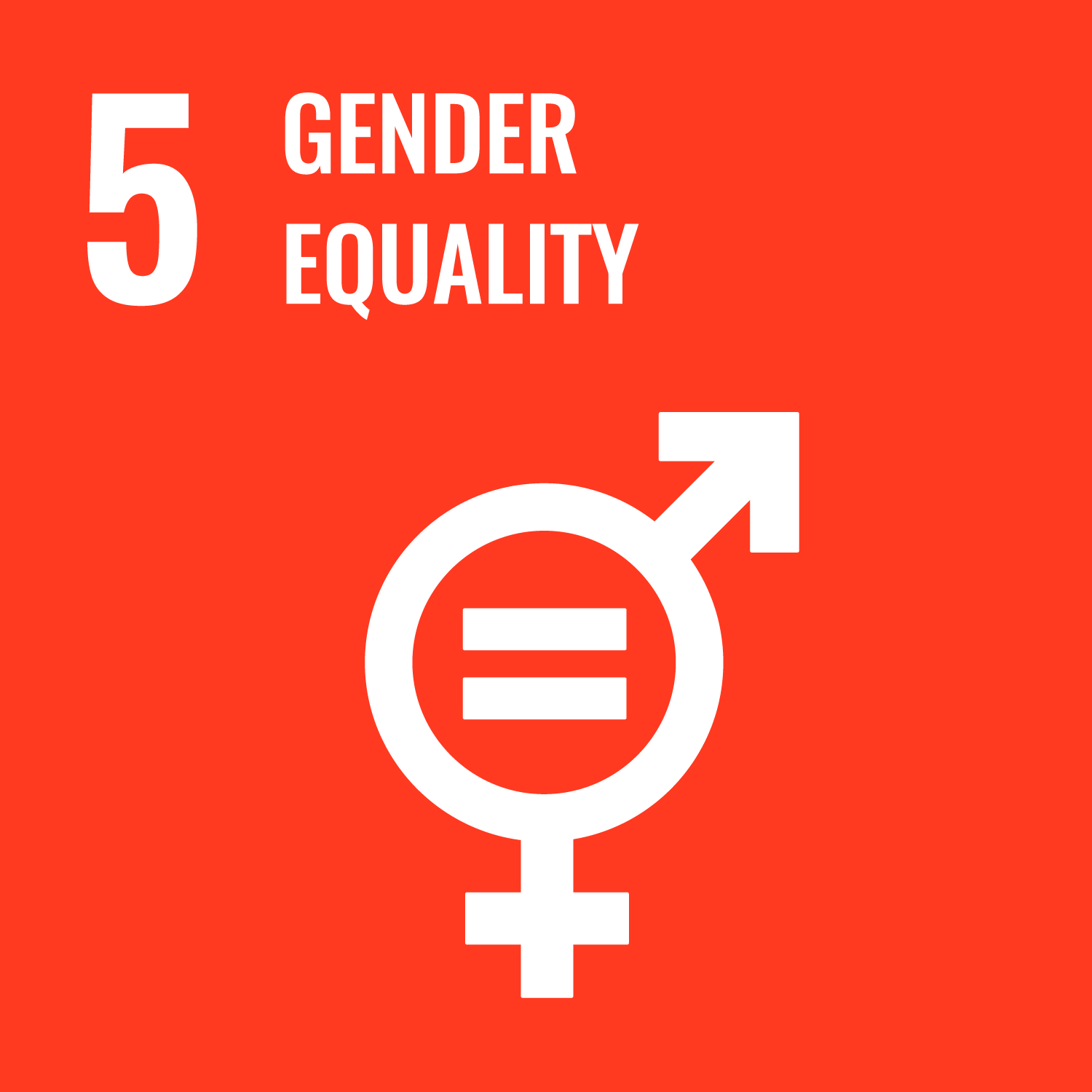

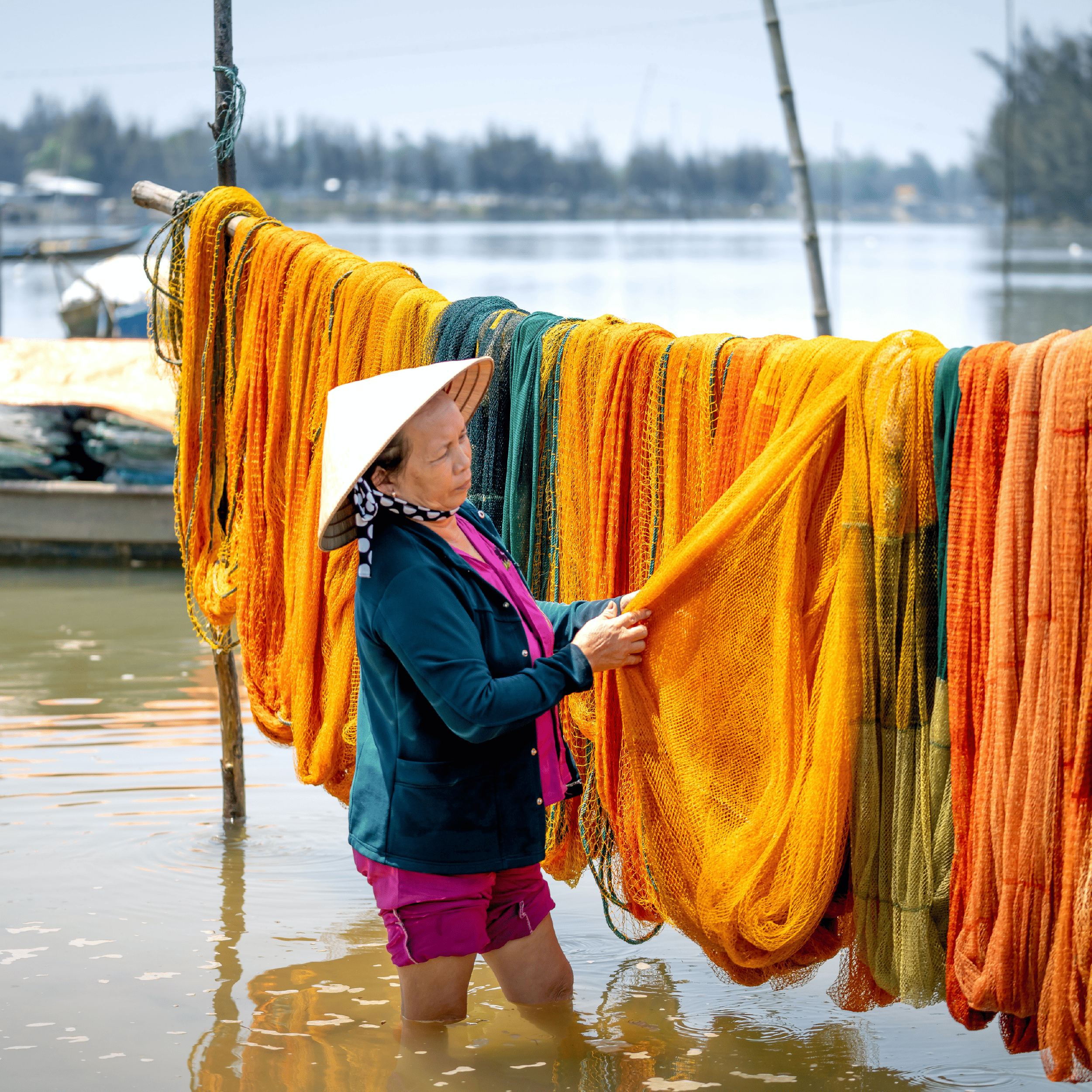

The Story: Building Resilience Through Rice, Knowledge, and Women’s Leadership
Around Cambodia’s Tonle Sap Lake, women play a central role in farming and family livelihoods, yet face barriers of time poverty, limited access to land, and a lack of climate-smart technologies. The Fisher Folks Making Circular Economy Work for the Western Tonle Sap Lake (CAPFISH-FOSTER) project set out to change that. By strengthening women’s knowledge of sustainable rice farming, building leadership capacity, and creating new income streams through eco-tourism, solar energy, and sustainable agriculture, the project is transforming not only livelihoods but also the resilience of entire communities and the ecological future of the Tonle Sap Biosphere Reserve.

Quick Facts
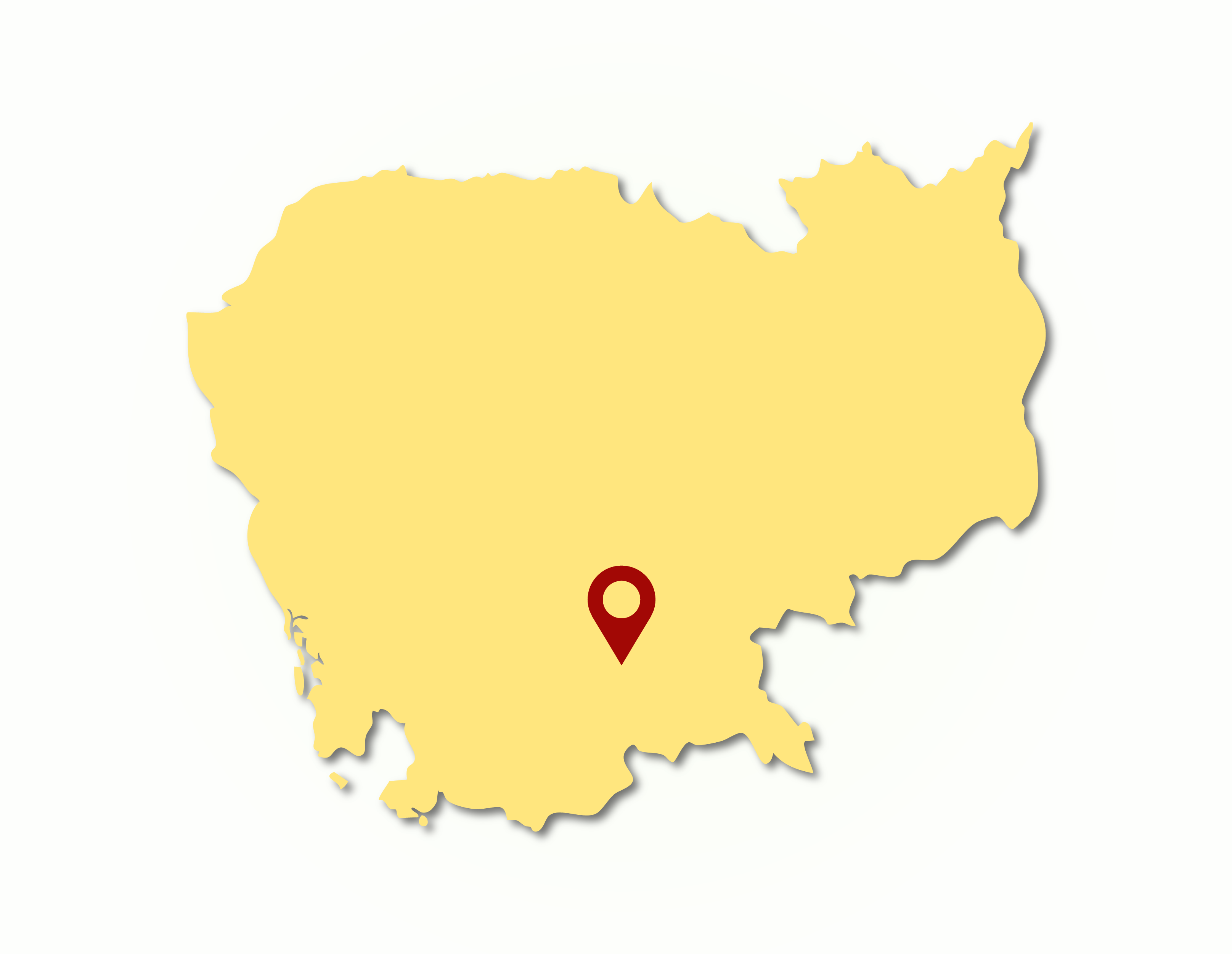
Goal: Improve resilience, productivity, and socio-economic conditions of fishing communities while enhancing ecological sustainability of the Tonle Sap Biosphere Reserve.
Location: Soutr Nikom District, Siem Reap Province, Cambodia
Metrics:
- 300 households directly benefited
- 1,240 household members reached
- 10 farmer groups established
- 200 people trained in climate-smart agriculture
- 84 trainings delivered
- 10 women leaders trained
- 20 Gender Action Learning (GALs) trainers developed
- 1,200 tons of paddy harvested
Standards & Certification:
- W+ Standard – Domains: Income & Assets and Knowledge & Education
What We Did
- Built women’s knowledge: Delivered climate-smart agriculture training and introduced the Gender Action Learning System to strengthen women’s economic and leadership skills.
- Created sustainable livelihoods: Supported eco-tourism, solar energy, and sustainable agriculture enterprises to diversify income and reduce environmental pressure on Tonle Sap.
- Strengthened rice value chains: Established Sustainable Rice Platform (SRP) producer groups, trained lead farmers, and introduced improved seeds and practices.
- Empowered women’s leadership: Identified and trained 10 women leaders, expanded women-led savings groups, and facilitated equal participation in producer cooperatives.
- Enhanced local structures: Formed and supported farmer groups, engaged savings cooperatives, and built long-term community capacity.

Results & Impact
- Women gained greater knowledge of climate-smart rice production and market access.
- Household incomes increased through improved yields and access to premium rice markets.
- Women’s participation in producer groups and cooperatives translated into stronger decision-making power at both household and community levels.
- New livelihood opportunities in eco-tourism and renewable energy provided income diversification and reduced dependence on overfishing.
- Savings groups, with 85% women members, created community-driven mechanisms for reinvestment and resilience.

In the Field
Behind the scenes of projects directly from the technical experts on the ground.

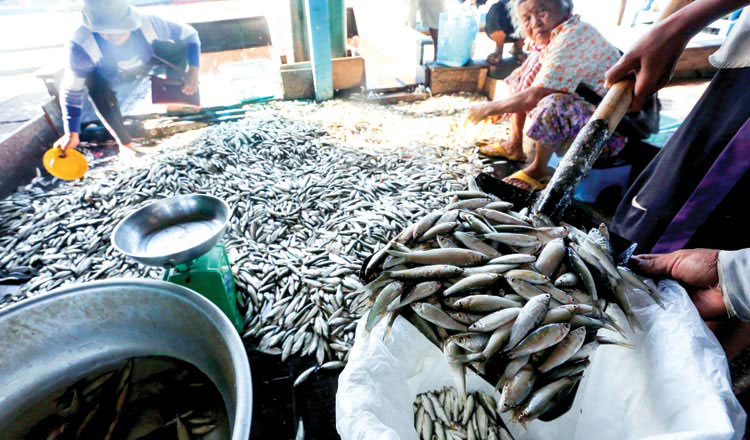
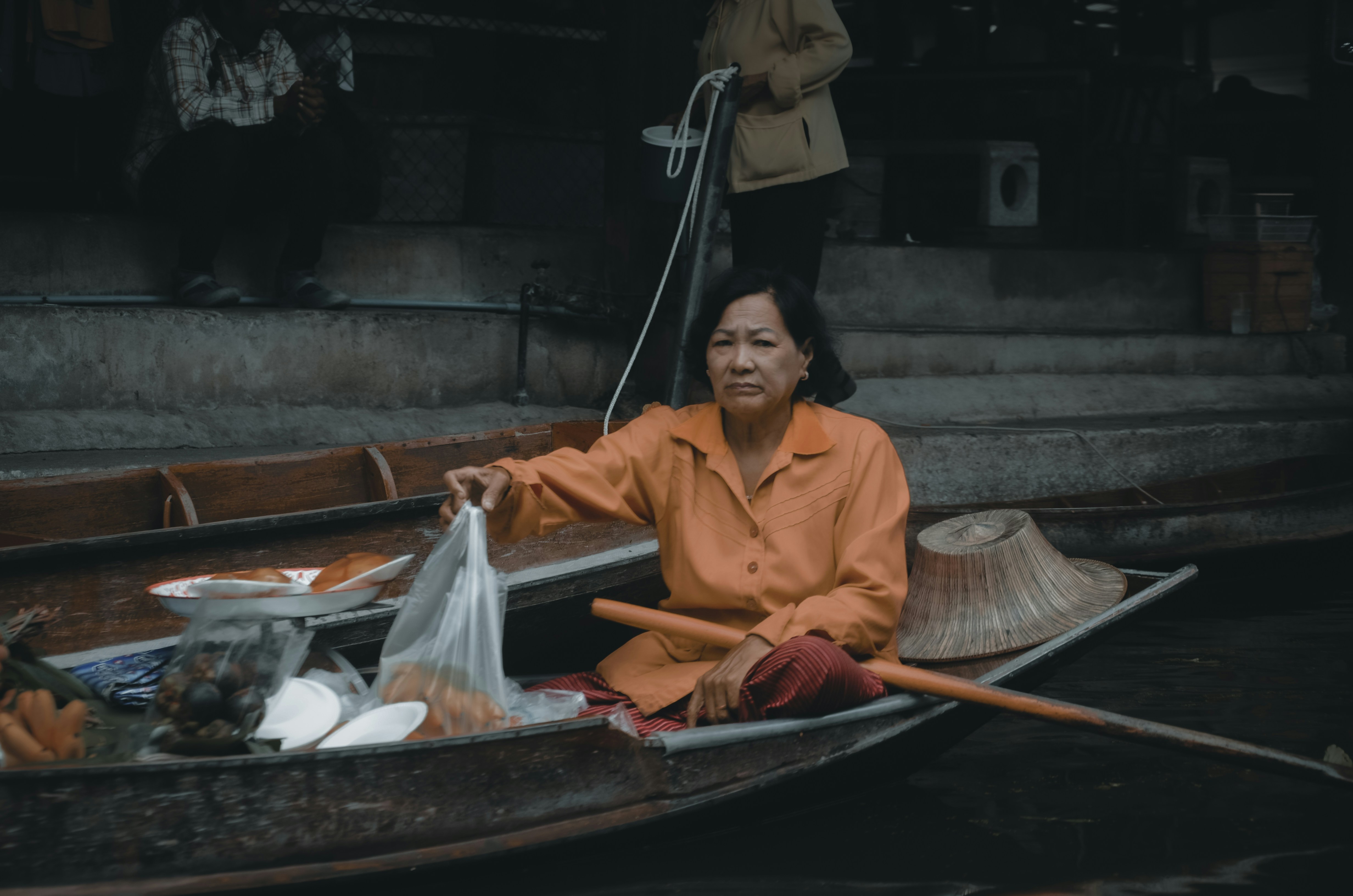

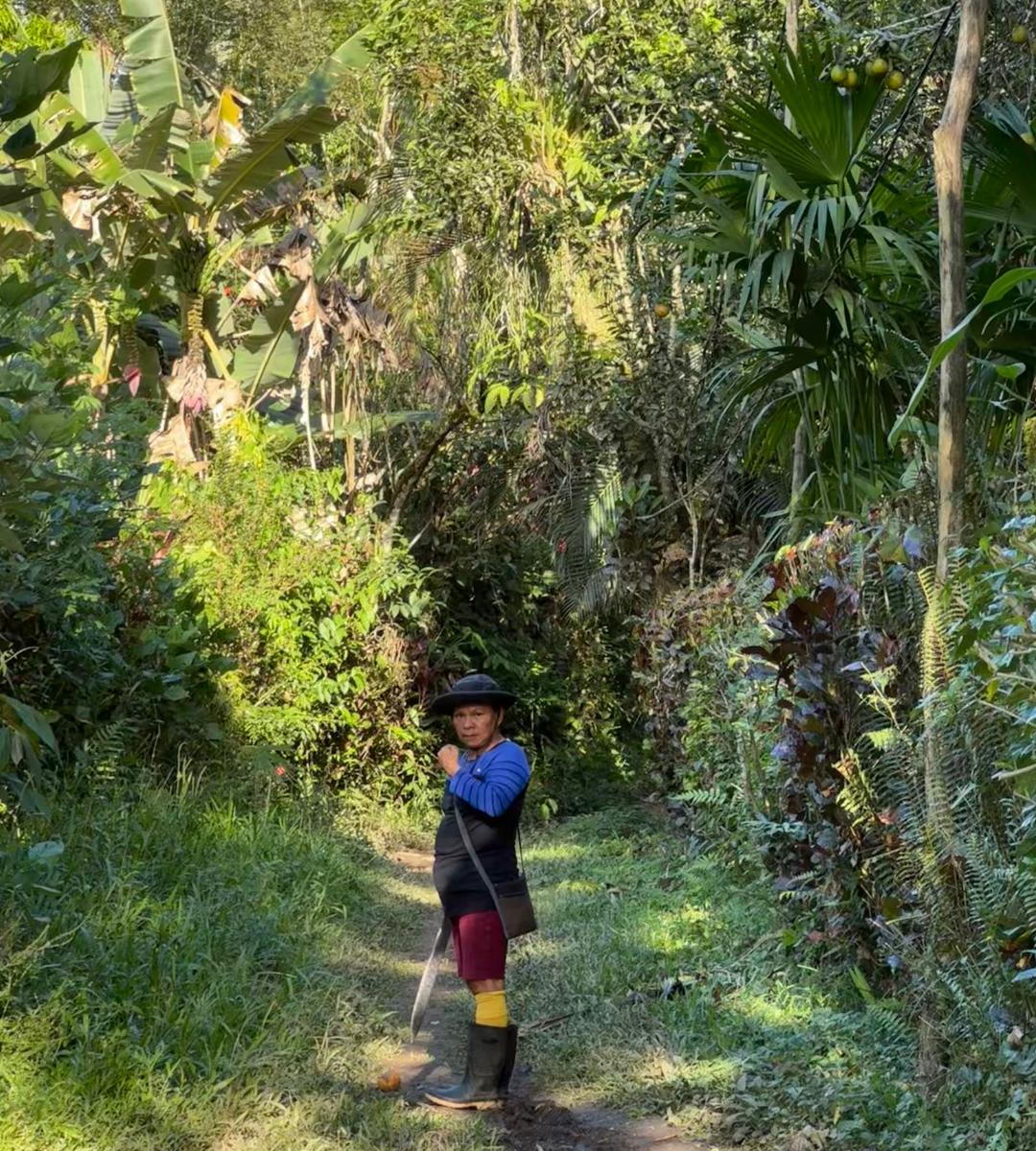
.jpeg)
